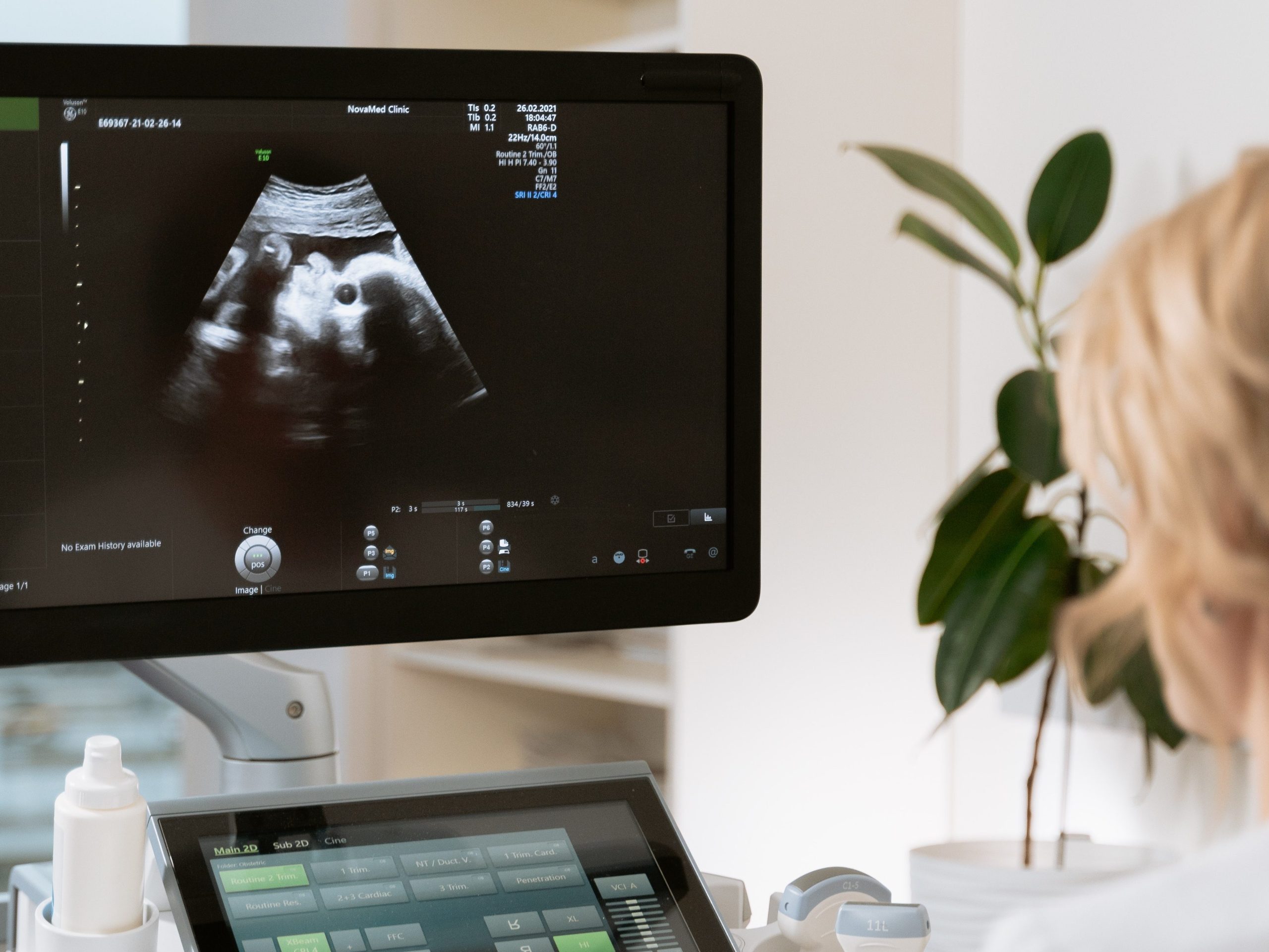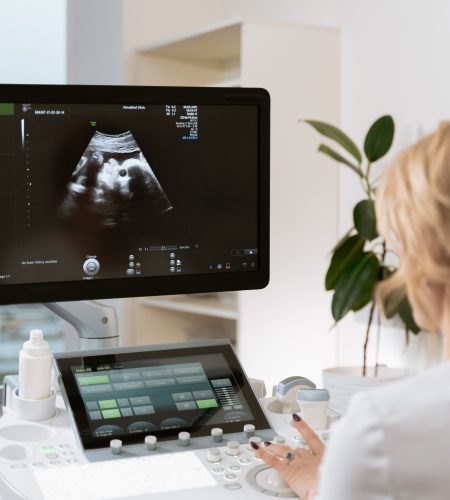
Confirming your pregnancy is an exciting and crucial step in your journey to becoming a parent. There are two primary methods for confirming pregnancy: home pregnancy tests and blood tests.
- Home Pregnancy Tests (HPT):
- How They Work: Home pregnancy tests detect the presence of human chorionic gonadotropin (hCG) hormone in your urine. hCG is produced by the placenta shortly after implantation, which occurs around 6-12 days after fertilization.
- When to Take the Test: You can take a home pregnancy test a few days after a missed period for accurate results. Some sensitive tests claim to provide results even a few days before your expected period, but it’s best to wait for a missed period for more reliable results.
- How to Use: Follow the instructions provided with the test kit carefully. Most tests require you to either dip a test strip into a cup of urine or hold the test stick under a stream of urine. Wait for the indicated time (usually a few minutes) to see the results.
- Blood Tests:
- How They Work: Blood tests measure the level of hCG hormone in your blood. There are two types of blood tests: quantitative and qualitative.
- Quantitative Blood Test: This test measures the exact amount of hCG in your blood and can provide information about the progression of your pregnancy. It is more accurate and sensitive than home pregnancy tests.
- Qualitative Blood Test: This test simply confirms the presence of hCG in your blood, indicating pregnancy. It does not provide specific hCG levels.
- When to Take the Test: You can take a blood test as early as 7-10 days after conception (around the time of your missed period).
- How They’re Administered: Blood tests are usually conducted at a healthcare provider’s office or a clinic. A small sample of your blood will be drawn, and the results will be available within a day or two.
Keep in mind that both home pregnancy tests and blood tests are highly accurate when performed correctly. However, false negatives can occur if the tests are taken too early or if there is a problem with the test. If you receive a negative result but still suspect you might be pregnant, consider retesting after a few days or consult with a healthcare professional.
Once you receive a positive pregnancy test result, it’s essential to schedule your first prenatal appointment with a healthcare provider to begin prenatal care and monitor the health of both you and your developing baby. Congratulations on this wonderful journey to parenthood!


Comments